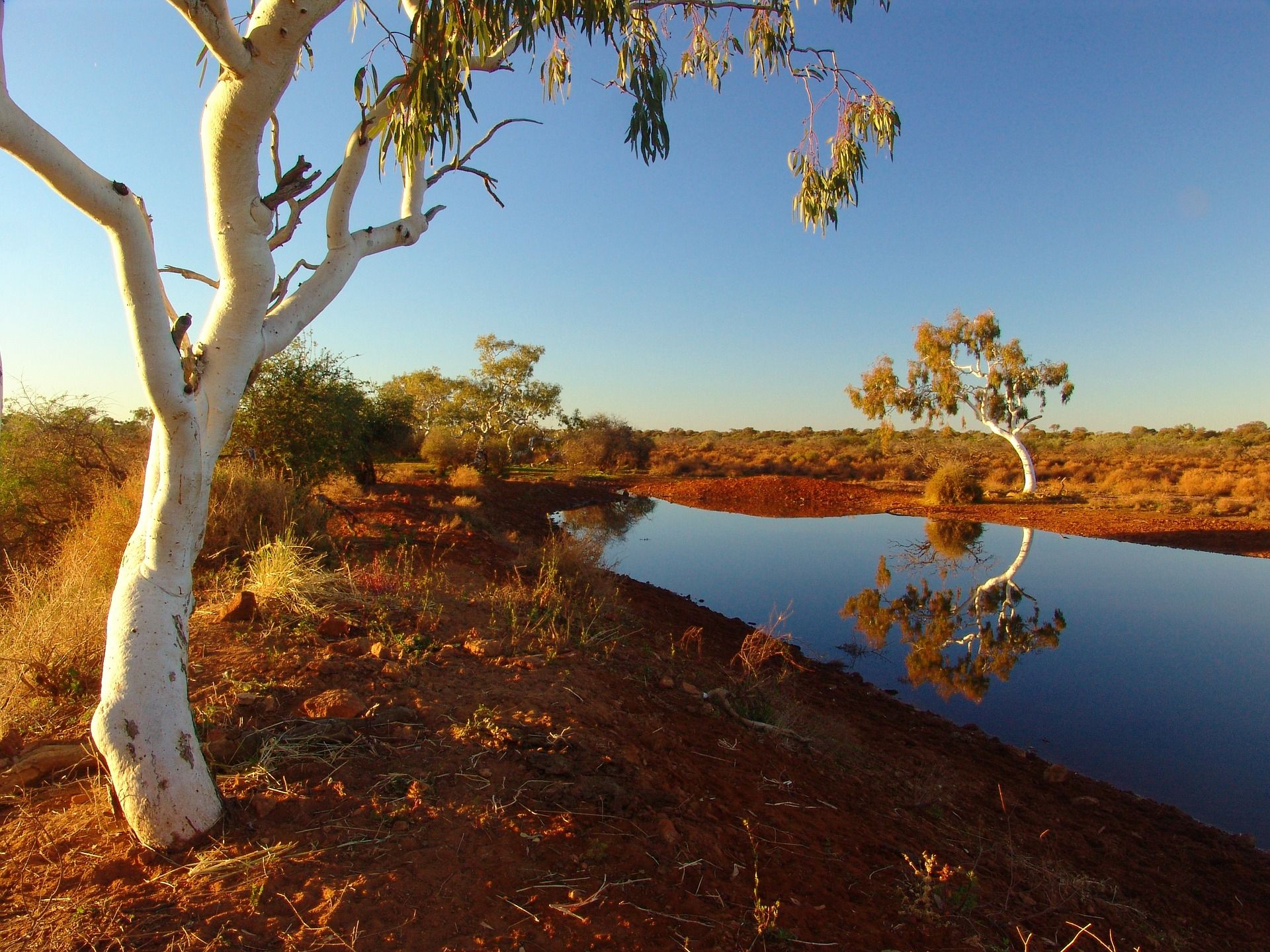Researchers at the University of Copenhagen have discovered a particular flavonoid in an Australian plant used in traditional Aboriginal medicine that appears to reverse chemotherapy resistance.
Professor Dan Stærk is supervising the project, which is examining the flavonoid’s interaction with ‘SN-38’ – the active substance in the drug irinotecan, which is used to treat an aggressive form of lung and colon cancer.
Inhibits ‘efflux pump’ proteins
“Cancer cells resistant to SN-38 produce a protein that pumps the medicine out of the cancer cell again. This protein is called an efflux pump, but this natural substance from the Australian plant inhibits the pump so that the cancer cells cannot remove the medicine as effectively,” he explained.
Currently, around 90 percent of all cancer deaths are due to drug resistance produced by the production of efflux pumps.
Flavanoids – phenolic plant-compounds that help to regulate cellular activity – are already well-researched and touted for their ability to fight oxidative stress in humans, but the pairing of this specific compound with cancer-fighting drugs is novel.
Going the distance
Stærk stressed that the research was only feasible due to broad international collaboration.
“We worked with an Australian botanist who travelled 55,000 km in arid Western Australia to collect plants; a colleague at the University of Melbourne who used DNA sequencing to identify which plants to study; and researchers at the University of Copenhagen who are working on reproducing the bioactive substances in the lab,” said Stærk.
Medicinal plants have been used for thousands of years to fight infection and heal wounds, but it’s only in recent decades that modern medicine has begun to examine the active substances behind ancient remedies. Currently, some 70 percent of cancer drugs are derived directly from the natural world.
“In the long run, it will be possible to make a sustainable biological synthesis of the drugs,” said Stærk.
Danish-Swedish study sheds light on SARS-CoV-2 spread
Viruses spread in the body by ‘hijacking’ the body’s own proteins to make new genetic material. A study by the universities of Copenhagen and Uppsala on SARS-CoV-2, the cause of the current pandemic, has identified a ‘peptide-inhibitor’ that can prevent 90 percent of this reproduction. A further 22 coronaviruses were investigated in the hopes of creating an antiviral agent that could counter an outbreak in the absence of a vaccine.
Artificial intelligence favours white men under 40
Insert the missing word: “I closed the door to my ____”. Some demographics might say “cottage”, others “dorm room” or “workshop” depending on age, location and background. But according to a study carried out by the University of Copenhagen’s Data Institute, the language employed in everyday use, from Google to Siri systematically favour the vernacular of young white men and especially discriminate against young, non-white men. The researchers argue that better AI training is needed.
DTU joins world’s frontline CO2 capture project in Aarhus
DTU has joined the newly-established Novo Nordisk Foundation’s CO2 Research Centre at Aarhus University to supply enzymes that can efficiently absorb CO2 from the air and store it in solid form. It’s the world’s first dedicated research centre on CO2 capture and the work combines chemistry, life sciences and systems analysis. Institutions in the USA, Norway, Germany and the Netherlands are also collaborating. In Denmark, CO2 capture could reduce emissions by 4-9 million tonnes by 2030.
Aarhus to get new recycled water district
DTU Environment is conducting a biological and economic analysis with Aarhus Vand on a new district in Aarhus, where they plan to build a two-line water system – one for drinking and another that recycles rainwater for toilets and washing machines. Preliminary results show that the approach is both cheaper and more sustainable. Once the system has been operating for one year, the analysis will be updated.
New Novo Nordisk award recognises diabetes project
To mark the 100th anniversary of the discovery of insulin, Professor Thomas Pieber of the Medical University of Graz in Austria has been awarded the Diabetes Medicine Award from the Novo Nordisk Foundation, in partnership with the European Foundation for the Study of Diabetes (EFSD). The 2 million kroner prize will support Pieber’s development of a new insulin pump – a device type-1 diabetes patients use to supply insulin via a catheter, which needs to be changed every 2-3 days. The new pump measures the resistance of the tissue at the injection site, which can delay the need for catheter replacement by more than seven days.
Dane receives American award for heart research
Sivagowry Rasalingam Mørk, a PhD student at Aarhus University, has been awarded the American Heart Association’s annual Young Investigator Award for her research on visitation, transport, and mechanical circulatory support for patients who suffer cardiac arrests.
How does plastic degrade in Danish weather?
A Roskilde University study is underway into when and how plastic becomes microplastic under Danish weather conditions. The experiment will assess top plastic waste items like cigarette butts, food containers, water bottles, coffee mugs, beer mugs, disposable cutlery, plastic bags and dish sponges using sensors that continuously record the total radiation and temperature during their exposure to Danish climate conditions.
Free access to new Arctic climate data
DMI has made freely available the result of its four-year Arctic-climate study known as CARRA (Copernicus Arctic Regional ReAnalysis) via the European climate service Copernicus Climate Change Service. The detailed meteorological data pertains specifically to Greenland, Iceland, Svalbard and the areas in and around the Barents Sea. The data is available to all researchers interested in climate change in the Arctic region.













